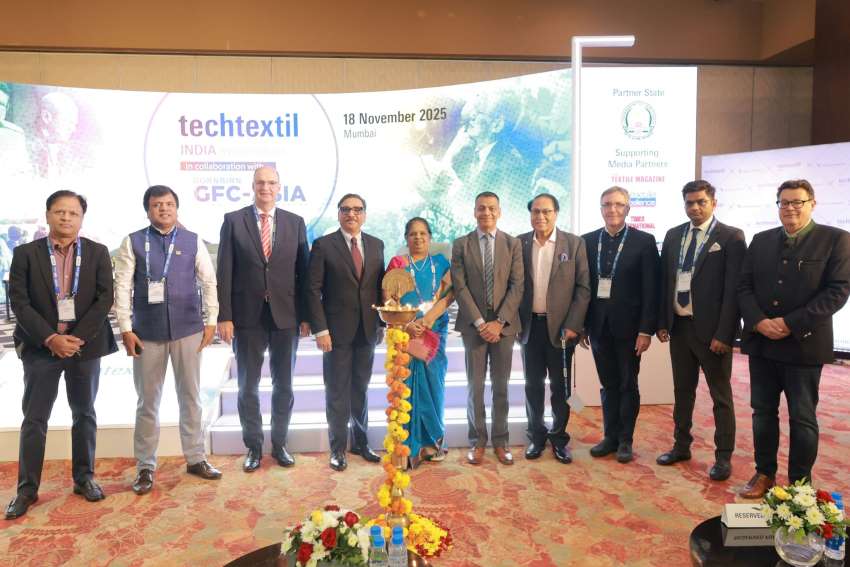Findings of a new case study conducted by GFF and its advisors Bureau Veritas, Fairwear Foundation, GlobalCAD and adelphi Consult in early 2025, confirm significant positive results achieved by Sri Kannapiran Mills (SKML) with $2.5 million loan.
Managed by FOUNT, the Good Fashion Fund (GFF) made its second investment in India, providing a $2.5 million long-term loan to SKML in 2023. These funds were used to modernize and replace old equipment in two cotton spinning mills; KG Naidu Mill, Balaji Mill and a denim weaving unit KG Fabriks.
SKML used the loan to install more efficient machinery, such as newer rotor spinning machines, auto doffers, and high-speed winding machines. The weaving unit was upgraded with a new singeing machine and second-hand air jet looms, boosting both capacity and efficiency. The company also shifted its energy mix, increasing its reliance on solar and wind power.
The assessment found, the investment surpassed the 50 per cent environmental savings target. It resulted in a 59 per cent reduction in energy consumption from key equipment, saving over 886,000 kWh annually; a 95 per cent reduction in cotton waste, saving over 4,700 kg annually and saving of approximately 1,272 tons of CO2
Financially, these improvements led to significant annual gross savings of approximately $140,000 from energy efficiency and waste reduction in spinning, and $115,000 from improved weaving production. The mill's monthly fabric output also increased to 220,000 meters.
On the social front, the automation of manual processes has led to safer working conditions. The company also implemented enhanced environmental and social governance, improved grievance mechanisms, and better health and safety measures.
Praising the GFF, Srihari Balakrishnan, Managing Director, SKML, states, the flexible capital and technical guidance were essential for making these upgrades. He notes, the investment not only led to cost savings and operational improvements but also enhanced product quality and worker well-being.
This case study is one of the first publicly documented examples of impact validation in Tier II and Tier III textile manufacturing. It demonstrates how targeted funding and manufacturer leadership can deliver measurable progress, providing a replicable model for other factories facing similar challenges with legacy systems. The results also inform the design of Good Fashion Fund 2.0, which aims to further align brands' and manufacturers' sustainability goals.












